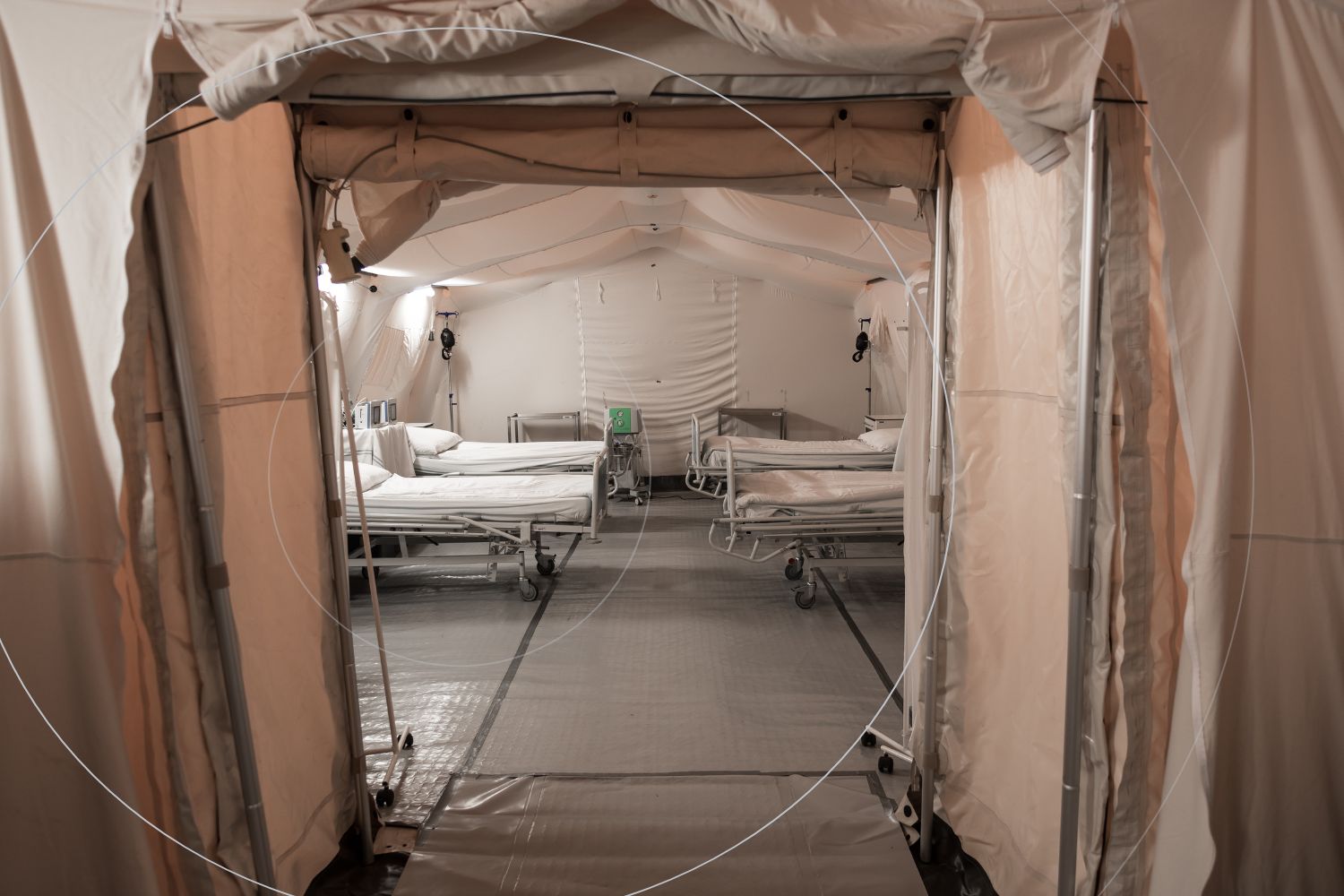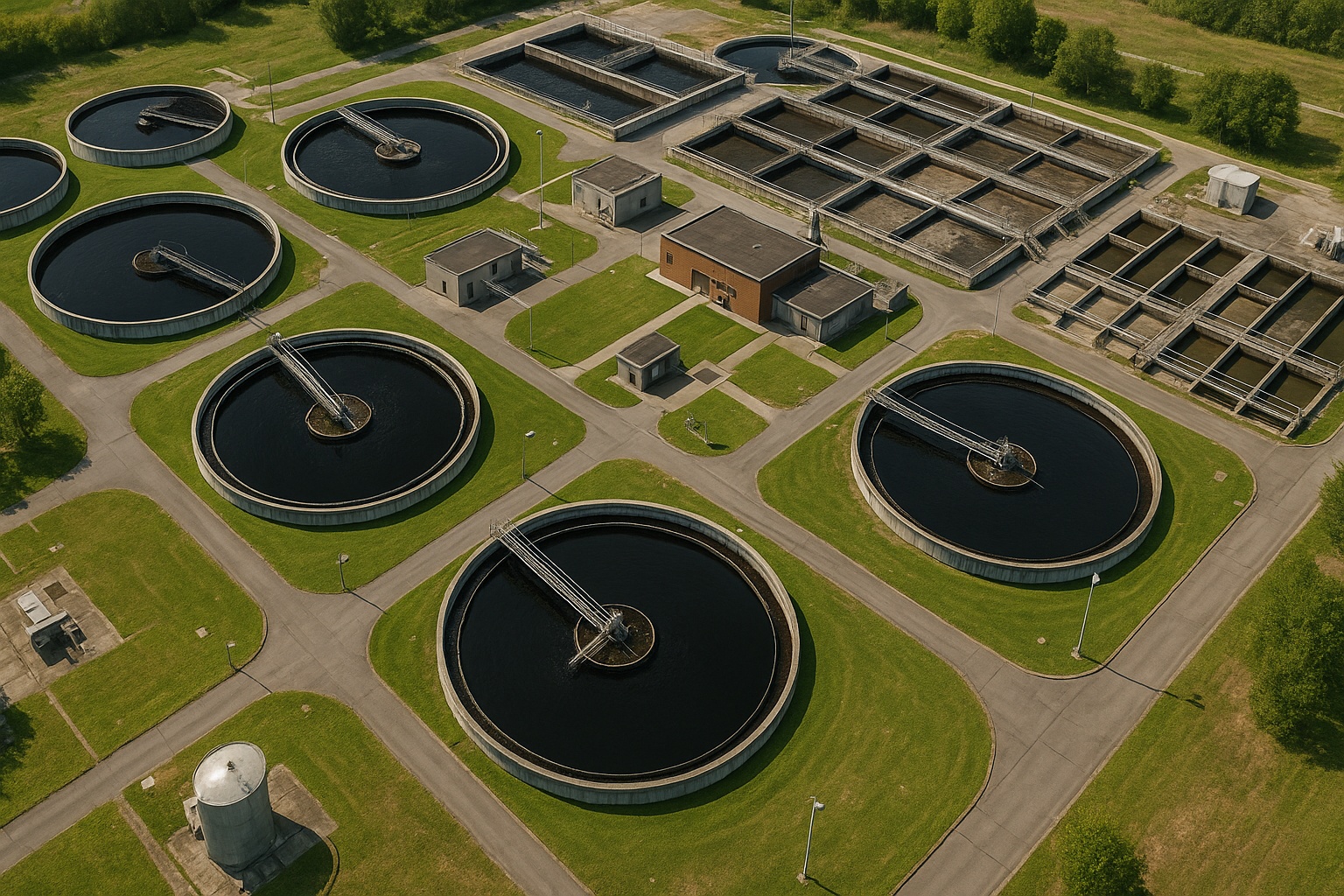Blog
Insights on Antibiotic Resistance

Featured post
What the sewer knows: A story of resistance beneath our feet
Antibiotic resistance is a growing global health concern, and a recent review draws attention to an unexpected contributor: sewer systems. Flushed antibiotics and resistant bacteria enter these wastewater networks, creating the perfect conditions for resistance genes to evolve and spread. Rather than being passive channels, sewers function as active microbial ecosystems that influence how resistance develops. However, wastewater surveillance may not always give an accurate picture unless we consider the complex microbial communities living within the sewer system. Understanding this hidden environment is essential for improving how we track and manage antibiotic resistance.
Read more
Insights on Antibiotic Resistance
Explore our webinars to gain valuable insights and stay informed.
Thank you! Your submission has been received!
Oops! Something went wrong while submitting the form.

Blog post
Wastewater
Research
Harnessing Technology to Combat Antimicrobial Resistance: Insights from Wastewater Surveillance










.jpg)
.jpg)
.png)










